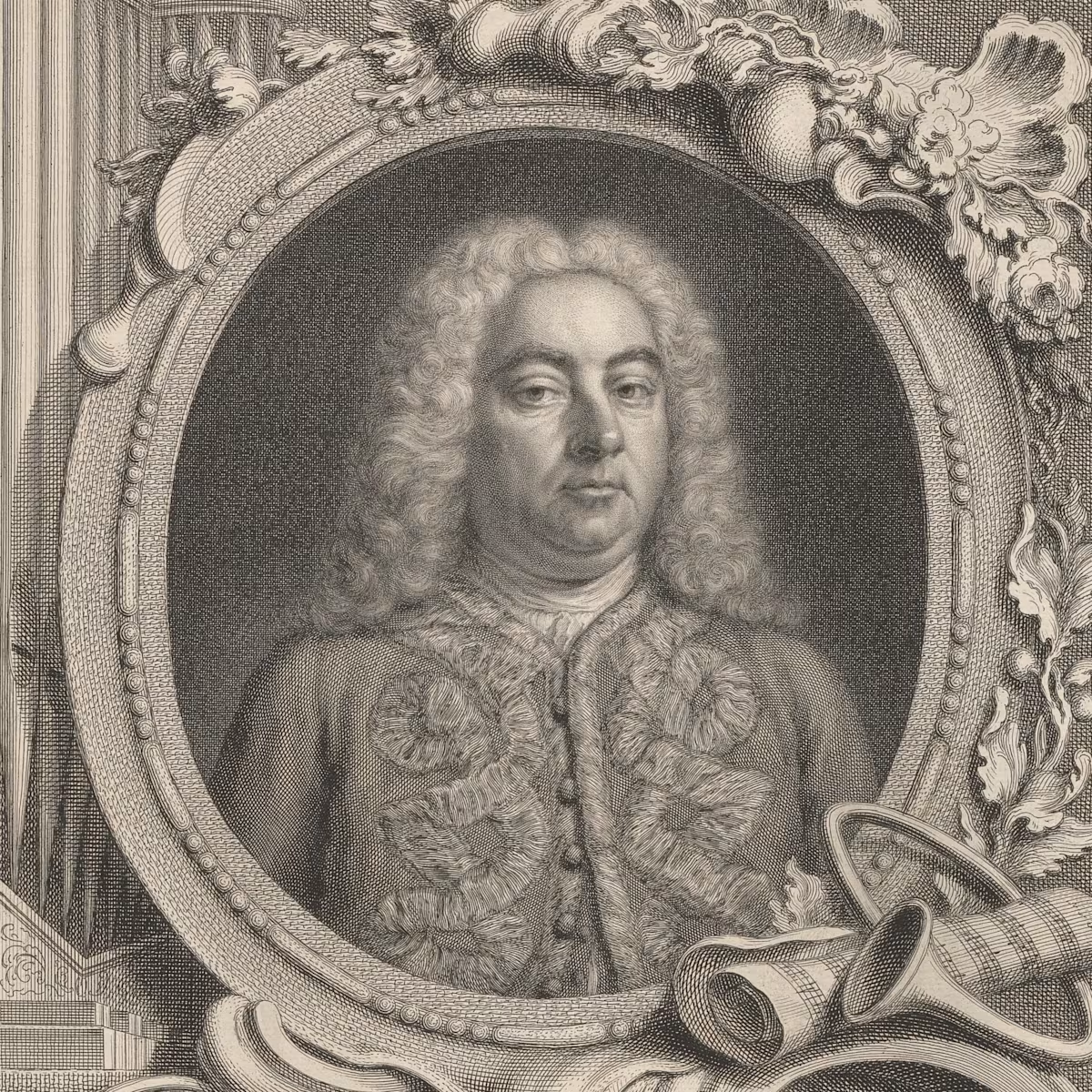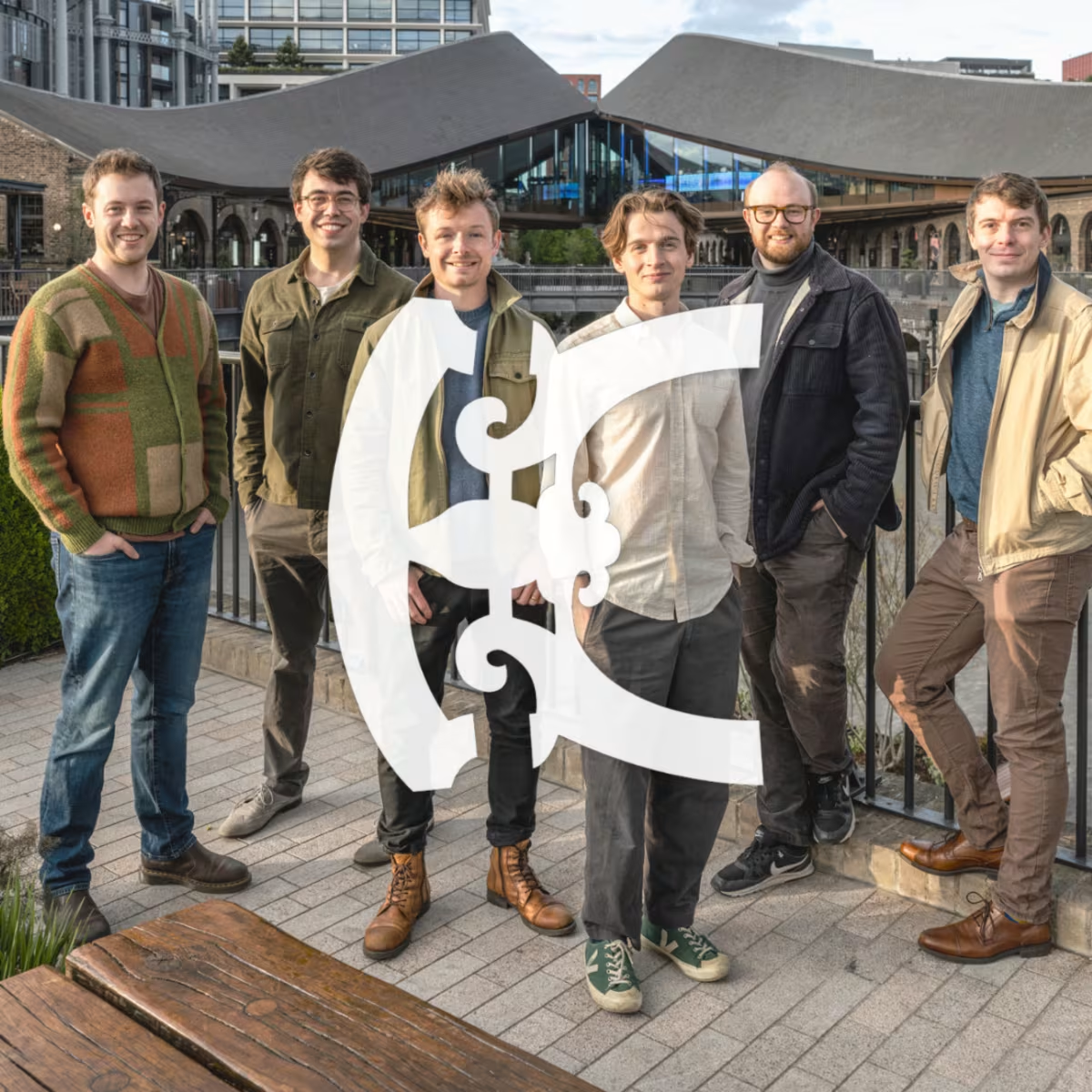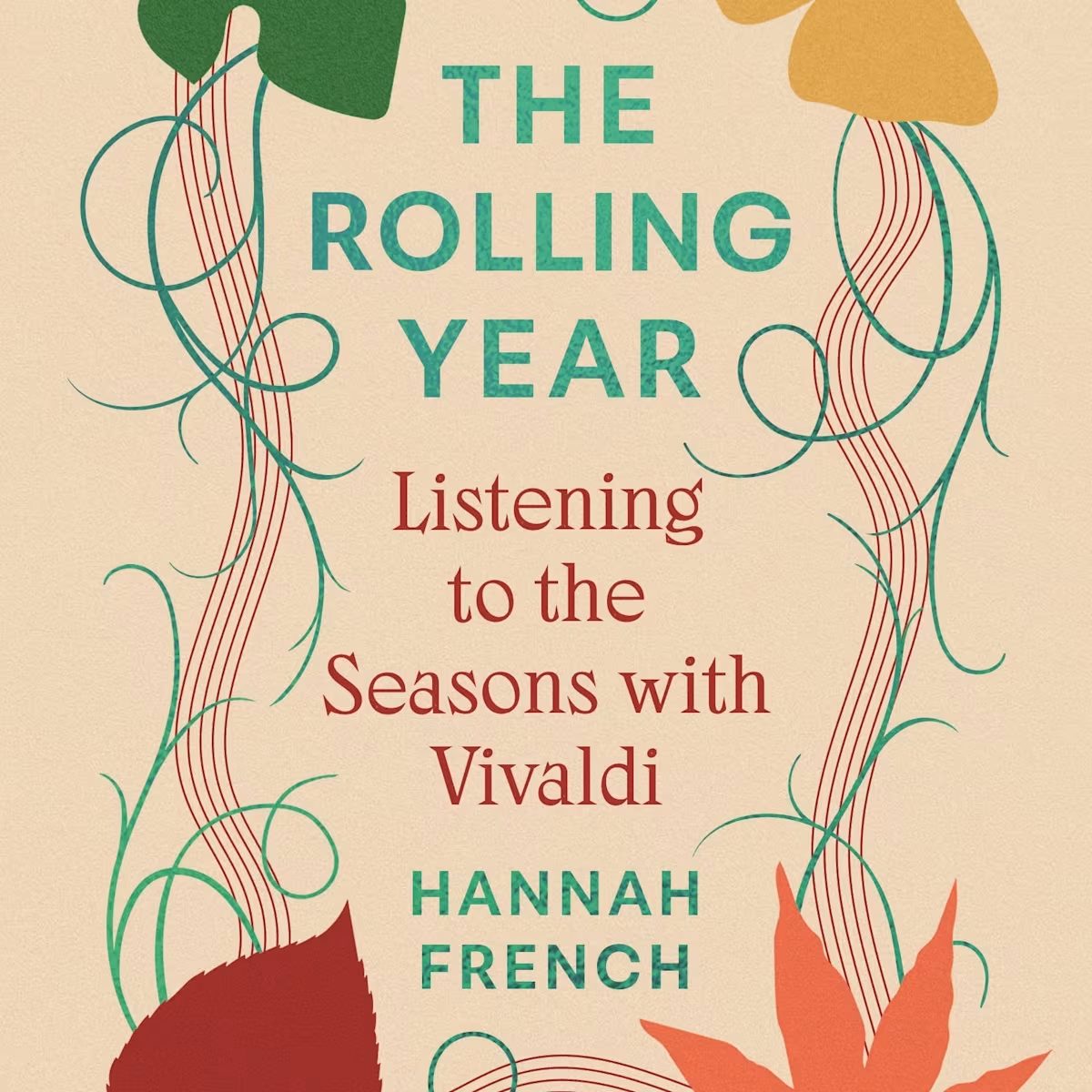Feature
Davina Clarke: Violins, Voices and Collaboration
Share this

FIRST PUBLISHED 17 NOV 2024
Over the last decade and a half, Davina Clarke has become one of the busiest Baroque violinists in Britain, playing with just about every major period instrument orchestra, including the English Baroque Soloists, The English Concert, Academy of Ancient Music and Arcangelo. Now, she is one of the founders of a much smaller ensemble, Obligato, which is exploring on disc the ways Bach and Handel's music can be adapted to include voice and obligato violin, with continuo. Her fellow instrumentalists are Tom Foster (keyboards), Sergio Bucheli (theorbo), and Alexander Rolton (cello). Her first album, Sweet Stillness, released in 2023, included Handel’s 'Neun Deutsche Arien' with soprano Mary Bevan. “Handel didn’t specify which treble instrument should take the obligato line,” Davina says. “It could have been flute or oboe, but these arias also work beautifully on the violin.”
In her new recording, The Art of Obligato, on the Voces8 label (as was the first), she has turned again to arias; in this case, seven from Bach’s cantatas with violin obligato, sung by Nick Pritchard (tenor) and Hugh Cutting (alto). Davina says, “When choosing the repertoire, I listened to a huge number of arias. I wanted to incorporate as much variety as possible in terms of mood, text, and musical realisation so that there is something for every listener to enjoy. The only common theme throughout is the violin obligato. Not all were written or scored for the violin, of course—many of these arias were originally for the oboe, flute, cello, oboe d’amore, or recorder. As an obligato instrument, the violin is able to provide a rich variety of timbres and offers a uniting sound world throughout.”
J.S. Bach: Ich furchte zwar' Erfreut euch, ihr Herzen, BWV 66 | The Art of Obligato | Davina Clarke (violin), Hugh Cutting (alto), Nick Pritchard (tenor), Tom Foster (keyboards), Alexander Rolton (cello)
Ensuring the voices intertwine seamlessly with the violin has been one of the main aims of the recording. “We were very lucky to have language coach and violinist Hildburg Williams working with us throughout the album. It was invaluable to have her guidance on diction, pronunciation, phrasing, and making the text come alive, both through the voice and the violin.” Davina knows Hildburg through the English Baroque Soloists - they in fact shared a desk when Davina joined the ensemble 12 years ago. In the aria 'Gott ist mein Freund', from Cantata BWV 139, Davina is also joined by fellow violinist Kati Debretzeni. “Kati was the leader of EBS for many years and has played a huge role in my development as a musician, both as a teacher and a mentor. It was such a privilege to play with her on this album.” Davina also includes two solo violin sonatas on the album, BWV 1016 in E Major and 1021 in G Major.
“As a violinist with a lifelong love for singing, the desire to explore the interplay between vocal and instrumental lines became a driving force for me. In the cantata arias, the obligato instruments take on a pivotal role, engaging in a musical dialogue with the vocal line. This relationship, characterised by intricate interweaving melodies, imitation, and embellishment, enriches the texture of the music, showcasing Bach's mastery in crafting compelling musical narratives.”

The two violins Davina is able to use in her work are both 17th-century originals. One is from 1659, made in Cremona by Francesco Ruggieri, and the other is a 1699 Giovanni Battista Rogeri, fashioned in Brescia. She is using the Rogeri for the sonatas and the Ruggieri for the arias. The latter has been loaned to her for many years by Sir John Eliot Gardiner. “The genesis of this album traces back to my formative experiences, including collaborations with the English Baroque Soloists under his direction. It was during these collaborations that the seeds were planted for both Sweet Stillness and The Art of Obligato. The profound influence of Gardiner's mentorship, coupled with my innate affinity for the obligato style, laid the groundwork for this exploration of Bach's repertoire. He has been a fantastic mentor for me, and this whole disc is a way of putting together what I have learned playing in his ensembles over the last 15 years. I’m grieving that he is not conducting the Monteverdi Choir and EBS anymore. I really miss the vibrancy of his music-making and his ability to find its essence.”
The hiatus in the Gardiner groups' schedules has been very hard on the players, but for Davina, the unwanted break in September did at least give her time to get married—to a non-musician.
At the start of her career, one of the formative experiences that set her on her path was the year she spent in the European Union Baroque Orchestra, the annual training scheme that (for 32 years from 1985 – European Music Year) brought together young musicians from all around Europe for an intensive audition week and then (for those selected) a season of concerts. It was one of the first casualties of Brexit, because it was administered from Woodstock. It has recently been resurrected in Italy but not on the same basis. Davina says, “Having my year in EUBO was musically one of the best things I've ever done. It was an unbelievable experience—apart from the music and the friends I made, just learning how to tour for starters.”
Since then, Baroque orchestras have dominated her life. “I feel thrilled to be able to work with some hugely inspiring ensembles and to have worked my way up to now even be leading some of them. I adore playing chamber music, but unfortunately, the opportunity doesn’t present itself often enough. One obstacle is that, as a player, you often have to put everything together yourself, and there just aren’t quite enough hours in the day for it all. I’m playing with orchestras often six days a week already, so any other projects are in addition to that. It is a real passion and I adore working with the ensembles I play with. Even if it doesn't always have the individuality or spontaneity of chamber music, it is still very exciting.”
J.S. Bach: BWV 1016: Allegro / Sonata No. 3 in E Major | The Art of Obligato | Davina Clarke (violin), Tom Foster (keyboards)
“My main passion now is leading and directing. It is something I hugely enjoy, and find tremendously fulfilling—I would love to do more. Baroque ensembles operate slightly differently from modern groups and mainstream classical music. It's far more collaborative, with soloists often coming from within the ensembles. Of course, my dream is to have and direct my own group, but without all the endless admin!” Davina is not shy about diluting the serious music-making a little by often pairing with commercial companies and luxury brands. She has even enjoyed creating 'Musical Mixology,' a series that combines classical music and cocktail making with some of the best mixologists in the world.
The Art of Obligato was released on Voces8 and is available to purchase here. It is available to stream on Spotify and Apple. This recording project was supported by a grant from Continuo Foundation.
Author: Simon Mundy
Share this
Keep reading

The infinite variety of Handel’s ‘Messiah’
Few works in Western music have proved as infinitely adaptable, resilient, and continually renewed as George Frideric Handel’s ‘Messiah’ oratorio.

Playlist: The Gesualdo Six
This playlist explores The Gesualdo Six's extensive discography, featuring some new works commissioned by the group, alongside a wide range of early music.

The Rolling Year: Listening to the Seasons with Vivaldi
On the 300th anniversary of Vivaldi's The Four Seasons, Dr Hannah French embraces the art of listening seasonally in her exploration of this classic work.






